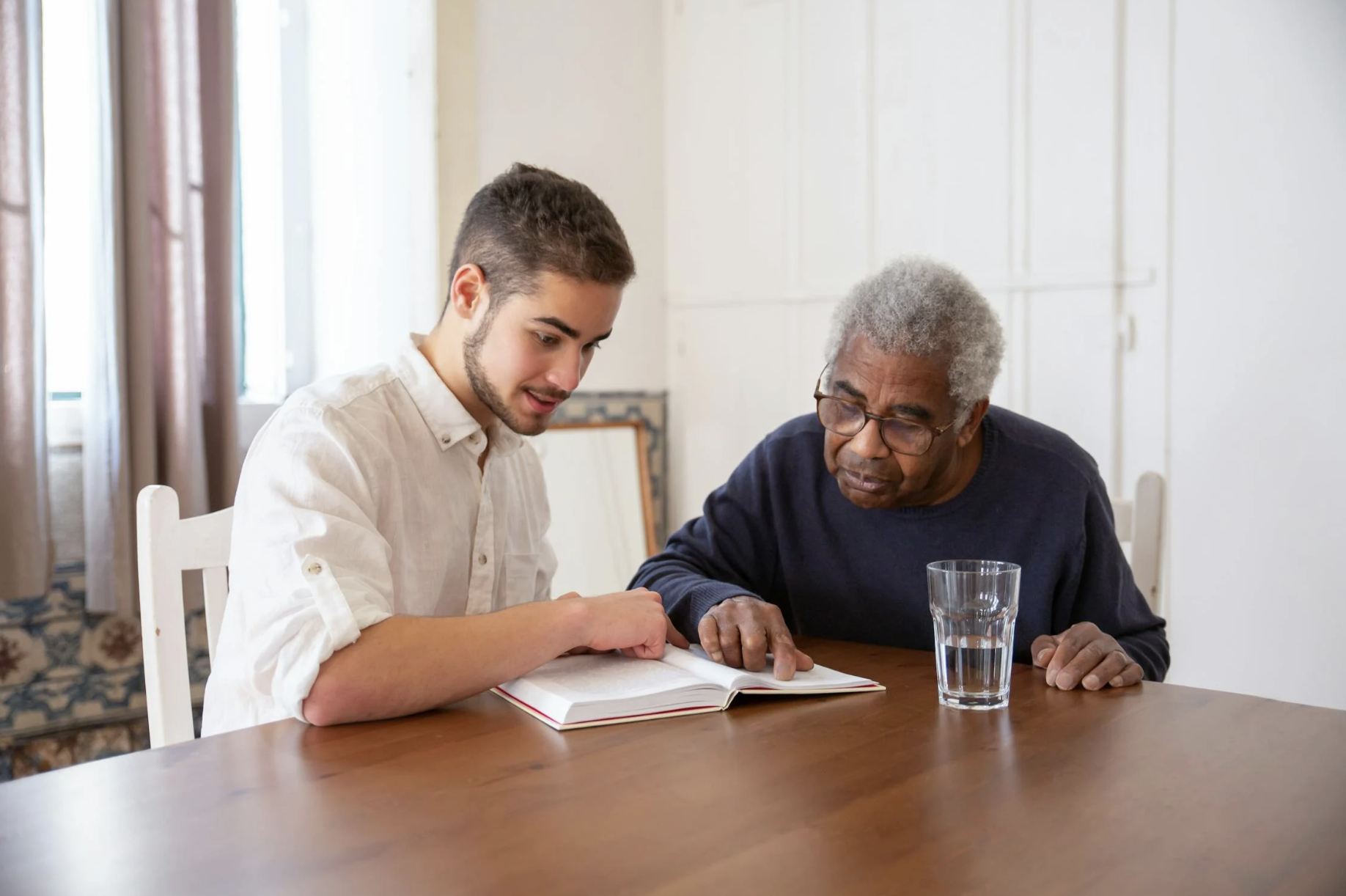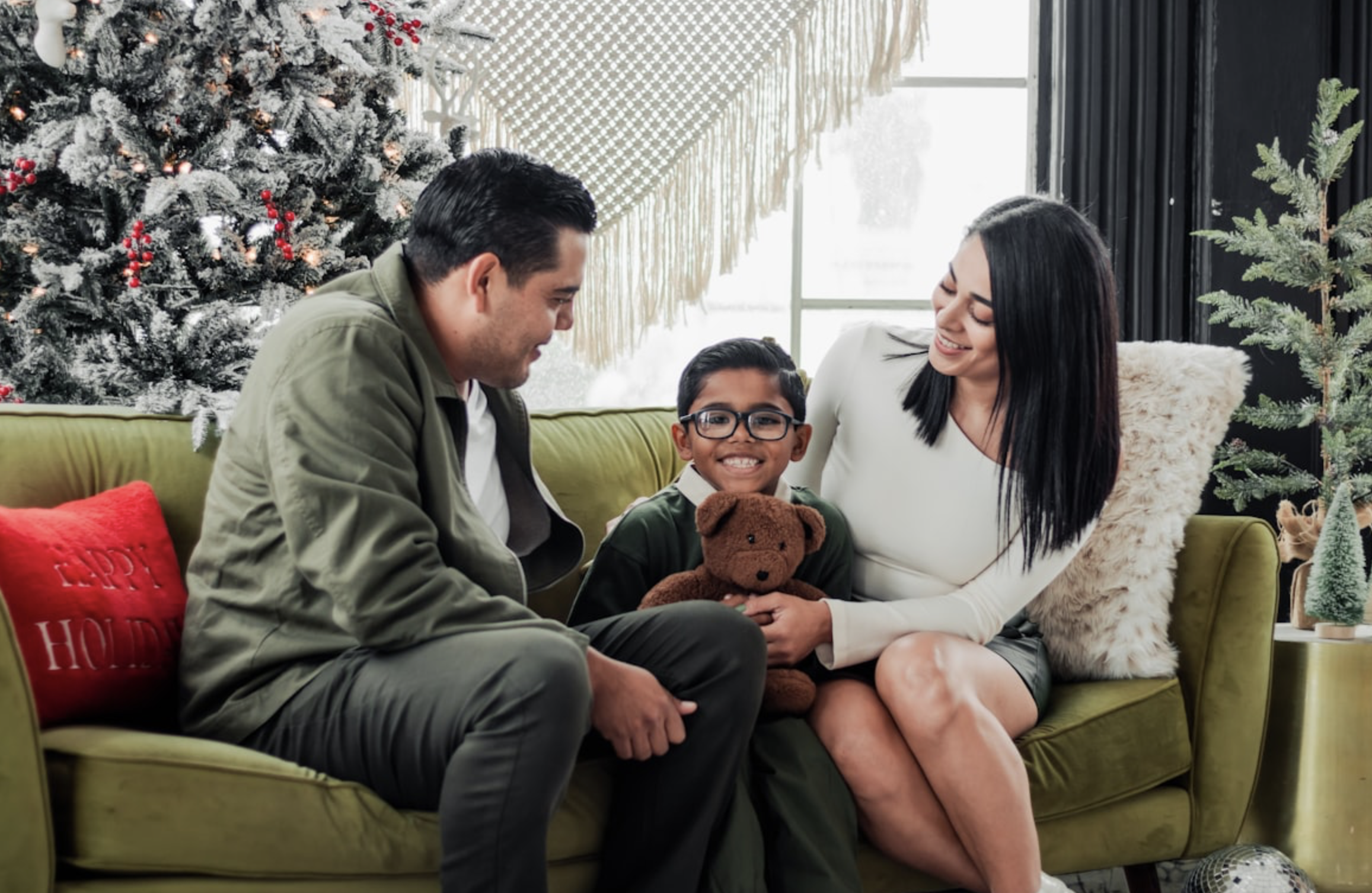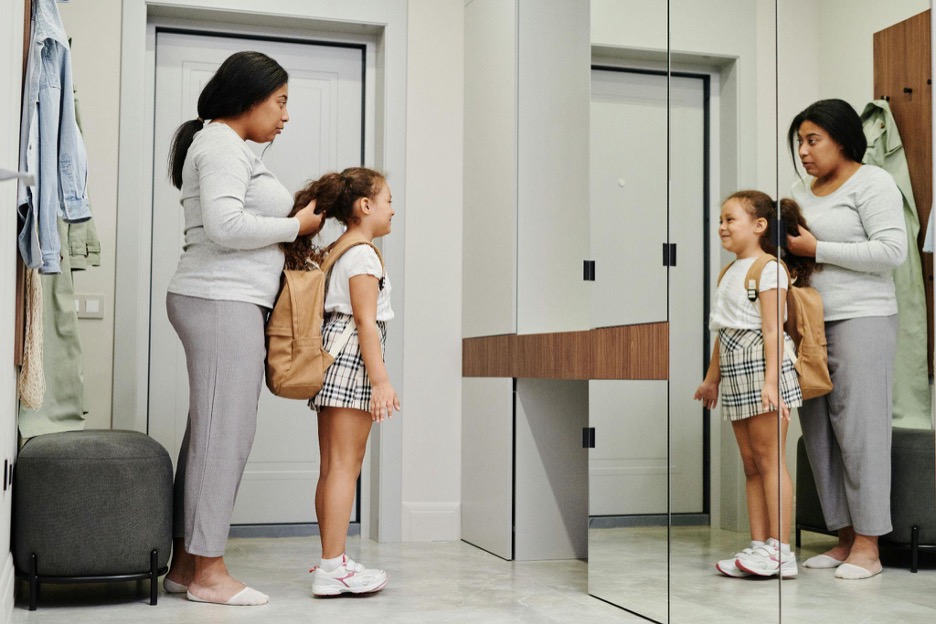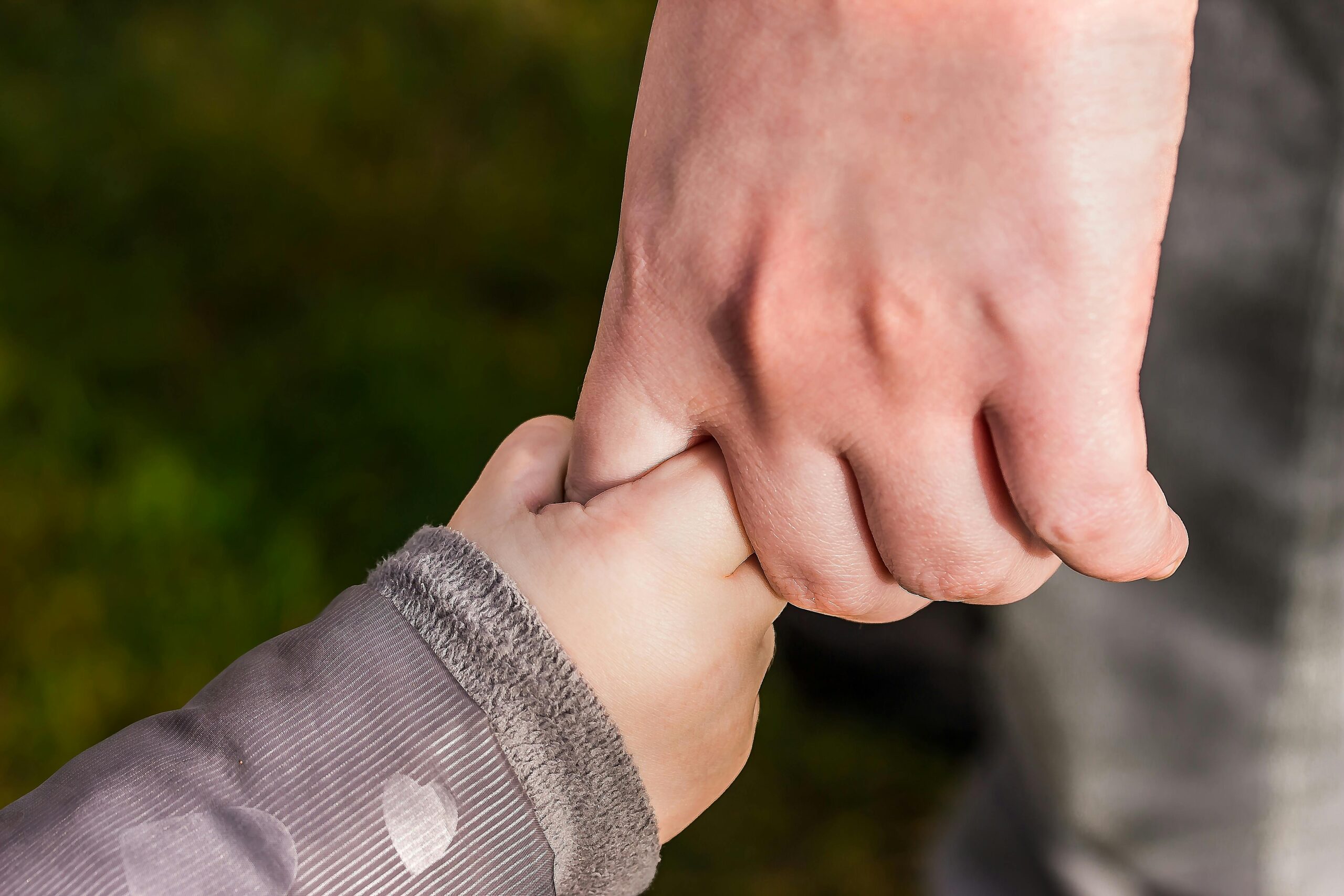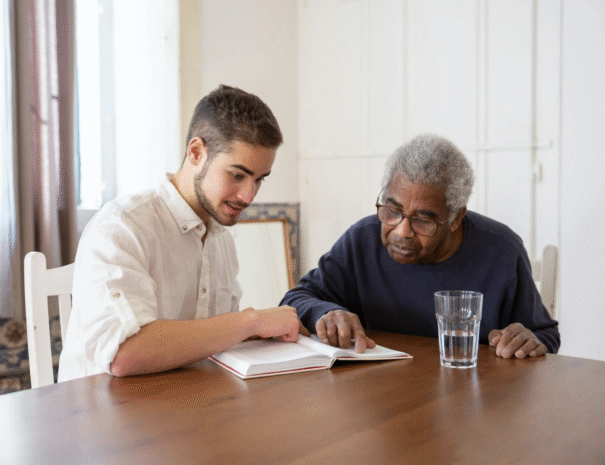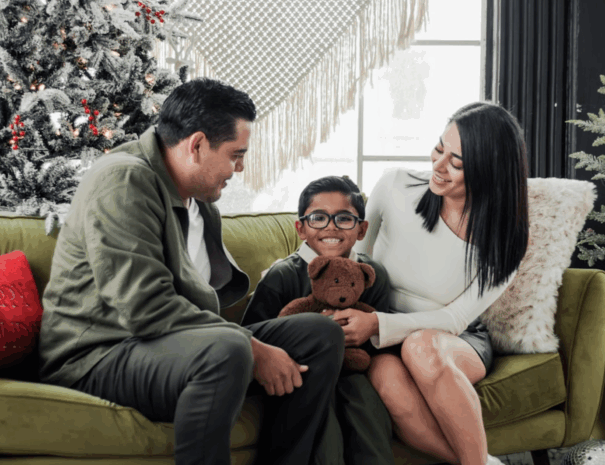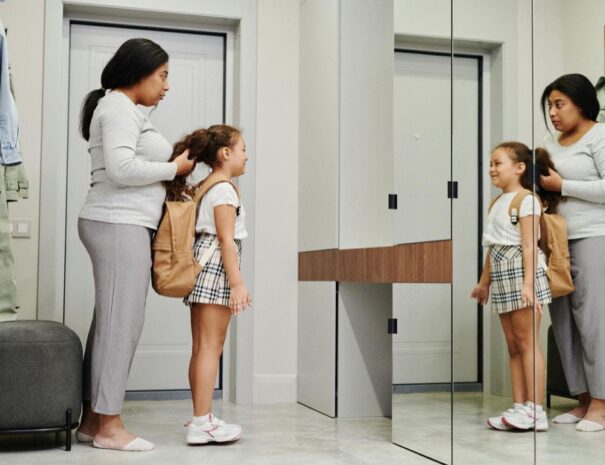The holidays are a time for fun, family and reflection. It’s also a time to teach the next generation important values that will help them grow up to be kind, understanding and fair. Universal Human Rights Month in December is a great reminder of the value of empathy, equality and human dignity for everyone, no matter where they come from or what their circumstances.
As parents and carers, one of the best things we can do during the holidays is teach our kids about human rights and help them understand the value of empathy and equality. These values shape how they see the world and how they treat others. And what better time to have these conversations than during a season of giving, reflection and connection?
So, how can we, as parents, teach our kids the value of empathy and equality in a way that matters to them during the holidays? Here are some practical and easy ways to weave these values into your family’s traditions and daily life.
Why Empathy and Equality Matter During the Holidays
The holidays are about more than presents and trees— they’re about connection with others. It’s a time to think about those who have less, those who are struggling and how we can make the world a better place for everyone. Empathy and equality are critical to a kinder, more just world. When we teach our kids about these values, we create positive change for the future.
For kids, understanding empathy means learning to recognize and connect with the emotions of others—whether it’s understanding a friend’s frustration or showing compassion to someone different from them. Equality means kids learn that everyone deserves the same rights and opportunities, no matter their race, gender, background or circumstances.
The holiday season is a great time to make these lessons practical and real. Here’s how you can include empathy and equality in your family’s holiday activities.
Lead by Example: Show Empathy in Your Behavior
Kids learn a lot from adults. As parents and carers, one of the best ways to teach empathy is to model it ourselves. If you show empathy in your daily interactions, your kids will be more likely to do the same.
Here are a few ways to model empathy during the holidays:
Be Compassionate in Your Interactions: Whether it’s a small act like holding the door open for someone or a more significant act like helping a neighbor, your actions speak volumes. When your kids see you being kind to others, they’ll understand that empathy is something to be practiced every day.
Talk About Other People’s Feelings: During family conversations, ask your kids to think about how others might be feeling. For example, “How do you think Grandma feels when we don’t visit her at Christmas?” or “How would you feel if you were in their shoes?” Helping kids think about others’ feelings develops emotional intelligence and compassion.
Share Your Own Feelings: Be open with your kids about your own emotions. This creates a safe space for them to share theirs and reinforces that understanding our own emotions is part of being empathetic.
Teach the Value of Giving: Encourage Acts of Kindness
The holidays are a great time to teach your kids about the value of giving and how acts of kindness can affect others. Giving doesn’t just mean physical gifts—it means giving your time, your attention and your care. When kids understand the value of giving, they will start to see beyond themselves and develop more empathy for others.
Here’s how to include giving in your holiday activities:
Volunteer Together: Many organizations need help during the holidays, whether it’s food banks, shelters or charities. Volunteering as a family helps those in need and shows your kids the value of giving back to the community. Whether you serve meals at a shelter or donate clothes, your kids will learn that empathy extends beyond their immediate family and friends.
Create a Family Giving Project: Start a family tradition of donating toys, clothes or other items to families in need. Let your kids choose what to donate, pack the items and drop them off. Involve your kids in the process, and the act of giving becomes personal and powerful.
Random Acts of Kindness: Encourage your kids to do random acts of kindness during the holidays. This can be as simple as writing a card for someone who’s going through a tough time or helping an elderly neighbor carry groceries. Small acts like these teach kids that even small gestures can make a big impact.
Include Diverse Holiday Traditions
Holidays are celebrated differently around the world, and including diverse traditions in your family’s celebrations is a great way to teach your kids about the beauty of diversity and equality. Learning about different cultures and their holiday traditions not only widens their understanding of the world but also helps them respect people who are different from them
Here’s how you can include diversity in your holidays:
Learn About Other Holidays: Take time to teach your kids about holidays celebrated by other cultures and religions. Whether it’s Hanukkah, Kwanzaa, Diwali or Christmas, there’s always something to learn from how others celebrate. You could even attend a local cultural event, visit a temple or light candles to commemorate another tradition.
Read Diverse Books: Reading books about different cultures, traditions and experiences is a great way to broaden your kids’ perspective. There are many wonderful children’s books about human rights, empathy and equality that will start important conversations.
Share International Holiday Recipes: Another way to teach your kids about empathy and equality is through food! Introduce your family to international dishes that are traditionally served during the holidays. Whether it’s making tamales for Christmas Eve or preparing a traditional Jewish challah, cooking together is an opportunity to learn about other cultures.
Encourage Reflection: Teach the Value of Gratitude and Awareness
The holidays are a great time to encourage reflection. It’s a time to stop and be grateful for what we have and also aware of those who don’t. By talking about human rights and the importance of fairness, you can help your kids understand that empathy and equality aren’t just about how we treat people close to us—it’s about everyone, everywhere.
Here are some ways to include gratitude and awareness in your family’s holiday rituals:
Start a Gratitude Tradition: Each day leading up to the holidays, ask your kids to share something for which they’re grateful. This could be at dinner time or before bed as part of a nightly routine. Gratitude helps kids focus on what they have, which can lead them to think about how they can help others.
Talk About Social Justice: Use the holiday season as an opportunity to talk to your kids about social justice issues, whether they’re poverty, homelessness or the rights of children around the world. There are ways to introduce these topics to your kids, and framing the conversation in a compassionate and empowering way can help your kids feel inspired to take action.
Practice Inclusion: Create an Inclusive Holiday Atmosphere
Inclusion is at the heart of equality, and the holidays are the perfect time to show your kids how to welcome others regardless of their background, identity or circumstances. Fostering an inclusive environment helps kids treat others with respect, understanding and fairness.
Here’s how you can make your holiday more inclusive:
Invite Everyone to the Table: Whether it’s inviting a friend who might be spending the holidays alone or including a new family member in your celebrations, creating an environment where everyone feels welcome can teach your kids about inclusion.
Be Aware of Language: Words matter, and the language we use can either build bridges or create walls. Encourage your kids to speak kindly and respectfully and avoid stereotypes or hurtful language. This small but powerful change in how we communicate teaches kids how to create space for everyone.
Teach About Others’ Rights: Universal Human Rights Month is a great time to talk to your kids about standing up for others, especially those who may not have the same opportunities or rights. Teach them to speak up when they see someone being mistreated, whether at school or in their community.
Empathy and Equality—A Gift That Lasts Forever
The holidays are the perfect time to teach your kids about empathy, equality and standing up for others. By leading with kindness, including diverse traditions and encouraging reflection and gratitude, you can help your kids understand these essential values.
As parents, one of the greatest gifts we can give our kids is the ability to empathize with others and see all people as equals regardless of their circumstances. These values will shape their lives for years to come and create a more compassionate and fair world for everyone.
Happy Holidays, and may they be filled with love, understanding, and connection for all.



